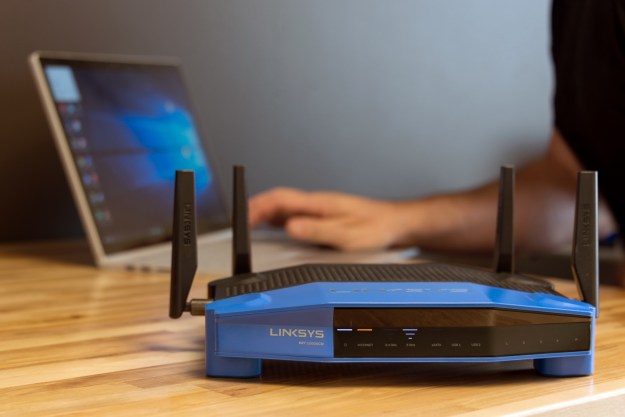Buy before you fly. In-flight Wi-Fi internet access is increasingly available and faster compared to just two years ago, but it’s still not cheap. Whether you fly every week or just once a year, you can almost always save money by paying for internet access ahead of time.
If you wait until after you board your flight to sign up for Wi-Fi internet, you’ll pay a premium. Purchasing access passes from the airlines or directly from in-flight service providers such as Gogo costs less when you buy before you board.
More airlines offer passengers Gogo internet service than any other domestic carrier. Gogo currently provides internet access to Air Canada, Alaska Airlines, American, Delta, and United. All flights for a particular carrier may not offer in-flight internet. Also, some airlines use more than one internet provider depending on the class and age of the plane and regional service agreements.
Gogo in-flight internet passes and subscriptions
Gogo sells internet access passes and subscriptions. There are limitations and restrictions with both, so be sure to read the qualifications carefully before buying.
If you’re not a Gogo monthly or annual subscriber and forget to buy a pass before you board your next flight, you could end up paying as much as $30 per flight and up to $40 for a full day (24 continuous hours) — and that’s if you only fly domestic routes (U.S., Canada, and Mexico) with the same airline.
Gogo passes
A Gogo 1-Hour Pass for 60 minutes of continuous access with one device on a single domestic flight costs $7.00 if you buy it before boarding. You can purchase multiple passes, but be sure to use them within 30 days or they’ll expire. Once you activate a 1-Hour pass, the clock keeps running. You can log off and log back on, but the logged-off time still counts against your hour allotment.
A Gogo All-Day Pass costs $19 and is good for 24 hours of continuous access on domestic Gogo-flights on a single participating airline. If your trip includes multiple flights in the same 24 hours you’re covered, as long as you stick with the same airline. If your itinerary includes multiple airlines, buy All-Day passes for each airline, mix All-Day and 1-Hour passes, or buy an All-Day pass for the airline with the most legs or longest flight times. The All-Day Pass expires one year from purchase.
If you are traveling internationally and know ahead of time you’ll be on Gogo-equipped flights; the $28 Delta Global Day Pass is the only current Gogo access plan for international flights. The Delta Global Day Pass is good for 24 continuous hours once activated and expires one year from purchase.
Gogo monthly and annual subscription plans
If you spend a lot of time traveling on commercial airlines, the least expensive in-flight internet access is with a monthly subscription. Gogo’s monthly plans start at $50 a month. All subscriptions cover access for a single airline, which you select when you pay for the first month’s subscription.
The $50 Gogo Monthly Airline Plan covers the use of a single device for internet access on domestic flights for your selected airline. If you need to connect two devices or are traveling with someone else, the Gogo 2-Device Plan costs $60 per month.
If you fly both domestic and internationally with Delta, the $70 Global Delta Plan provides internet access for one device on all Gogo-equipped Delta Air Lines domestic and international flights.
There’s no price advantage with the $600 Gogo Annual Airline Plan, but you do enjoy the simplicity of paying once a year rather than monthly. The annual plan is good for domestic flights only on a single Gogo participating airline.
Editors' Recommendations
- These are the apps people use the most on in-flight Wi-Fi
- World’s first Wi-Fi 7 demo runs 2.4x faster than Wi-Fi 6
- SpaceX reveals date for Starlink global internet coverage
- Amazon slashes Cyber Monday prices for Eero Mesh Wi-Fi systems
- Amazon slashes Black Friday prices for Eero Mesh Wi-Fi systems




